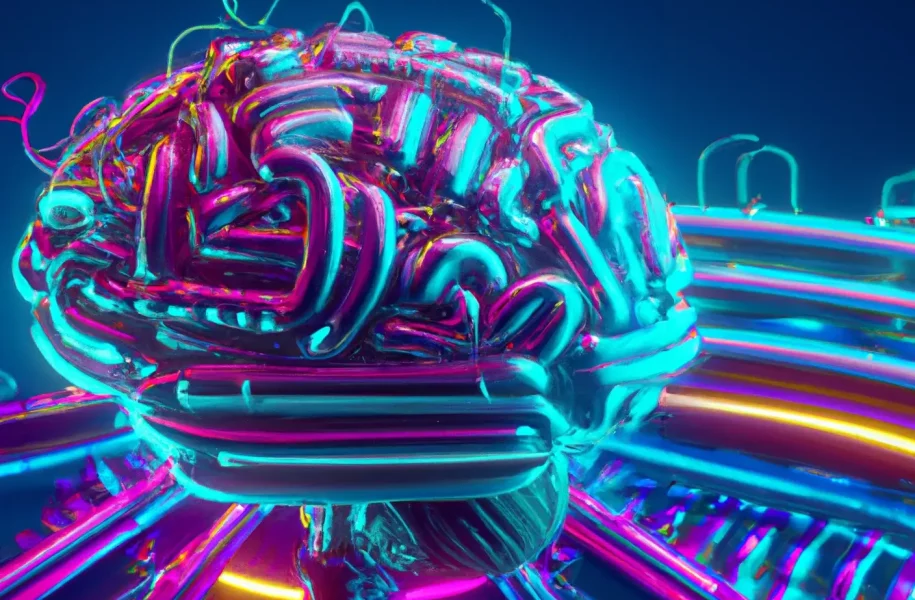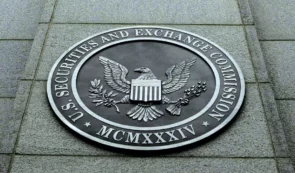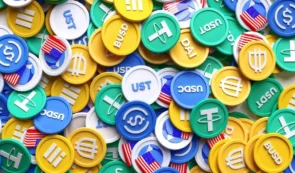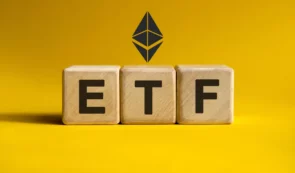AI Ethics Group Files Complaint with FTC Against OpenAI’s GPT-4

The complaint, filed on March 30, 2023, contends that the AI model is "biased, deceptive, and a risk to privacy and public safety".
CAIDP, an independent non-profit research organization, alleges that the commercial release of GPT-4 violates Section 5 of the FTC Act, which prohibits “unfair or deceptive acts or practices in or affecting commerce”.
Contentions in the GPT-4 system card
CAIDP cited the contents of the GPT-4 System Card as supporting evidence. The organization points out that the card states that “the model has the potential to reinforce and reproduce specific biases and worldviews, including harmful stereotypical and demeaning associations for certain marginalized groups”.
The card also warns that AI systems like GPT-4 have the potential to “reinforce entire ideologies, worldviews, truths, and untruths, and to cement them or lock them in, foreclosing future contestation, reflection, and improvement”.
Lack of independent assessment
The CAIDP further claims that OpenAI released GPT-4 to the public for commercial use despite being fully aware of these risks. The organization also contends that OpenAI did not undertake any independent assessment of GPT-4 before its release.
The CAIDP is now urging the FTC to investigate OpenAI and other operators of powerful AI systems to protect consumers, businesses, and the commercial marketplace.
GPT -4’s capabilities and recent release
GPT-4, the latest version of OpenAI’s language model, was released on March 14, 2023. Compared to its predecessor, GPT-3, GPT-4 is ten times more intelligent. A study conducted upon its release found that it could pass the most rigorous U.S. high school and law exams within the top 90th percentile. GPT-4 can also detect smart contract vulnerabilities on Ethereum, among other things.
Petition to “Pause” development of AI systems more powerful than GPT-4
This complaint by the CAIDP comes on the heels of a petition to “pause” the development of AI systems more powerful than GPT-4. The petition, introduced by the Future of Life Institute on March 22, was signed by Elon Musk, Apple’s Steve Wozniak, and other AI experts. The petitioners argued that advanced AI systems could represent a profound change in the history of life on Earth for better or for worse.
READ MORE: The RESTRICT Act: A Threat to Crypto and Other Technologies
UNESCO’s call to implement AI ethics framework
Moreover, the United Nations Educational, Scientific and Cultural Organization (UNESCO) has called on states to implement the UN’s “Recommendation on the Ethics of AI” framework.
The framework seeks to ensure that AI technologies are designed, developed, deployed, and used in ways that are compatible with human rights, democratic values, and the rule of law.
Allegation of Google chatbot trained on ChatGPT’s responses
Lastly, a former AI researcher for Google recently said that Google’s AI chatbot, “Bard,” was trained using ChatGPT’s responses. The researcher resigned over the incident, while Google executives have denied the allegations.














